Morocco to present autonomy plan for Western Sahara
Morocco will present an autonomy plan for Western Sahara to the United Nations next month.
Friday, 02.03.2007.
17:21

Morocco to present autonomy plan for Western Sahara
Morocco, which took control of Western Sahara in the 1970s after Spain pulled out, says autonomy is the only way to end a conflict with the Polisario Front, an Algerian-backed independence movement. It first proposed autonomy in 2000. The Polisario Front, though, insists on holding a referendum on independence. Morocco says a vote would be unworkable.The stalled conflict has stranded 160,000 refugees in bleak camps in the Algerian Sahara, poisoned relations between Morocco and Algeria, and inflicts heavy costs on Morocco, already struggling with widespread poverty and unemployment.
Last fall, key members of the U.N. Security Council made clear they wanted to see real progress on Western Sahara before the U.N. mission's current mandate runs out on April 30. The autonomy plan, expected to be presented at the United Nations in April.
Khalihenna Ould Errachid, King Mohamed VI's chief adviser on the territory, told The Associated Press that the autonomy plan would give Western Sahara a parliament, a chief of state, Cabinet ministries and a judiciary.
"We can stay at an impasse, or seek a middle way that leaves neither winners nor losers -and that's autonomy," Ould Errachid said Wednesday in the first of two interviews this week.
"If Polisario doesn't want to talk about autonomy, Morocco will go ahead alone," Ould Errachid said, adding however that Morocco would not be likely to press on with an autonomy plan without U.N. approval.
A Western Sahara parliament could create laws - as long as they don't violate Morocco's national law, while regional courts would fall under the Moroccan legal system, he said.
The regional government would oversee day-to-day life in the territory in areas like education, tourism and social services. Morocco would retain control of foreign relations, defense, finance and border control, he said.
Western Sahara would also keep the main emblems of Moroccan sovereignty - the country's flag, its currency, the dirham, and its stamps. King Mohamed VI would continue to be recognized as the highest religious authority in the land.
Morocco currently subsidizes life for Western Sahara's 50,000 to 90,000 Saharawis and 200,000 Moroccan settlers. Under autonomy, the territory will be expected to pay its own way, Ould Errachid said.
Western Sahara boasts phosphates, fisheries and possible offshore oil, but the territory's disputed status has prevented their full exploitation. Last year, the European Union signed a fishing deal with Morocco allowing European fisherman to fish Western Sahara's waters.
In recent weeks, Moroccan diplomats have visited several Western capitals including Paris, Washington and London to tout the plan, which has not yet been presented in public.
Morocco and Mauritania split Western Sahara after its Spanish colonizers ceded them the territory in 1975.
Spain initially planned for autonomy and groomed Ould Errachid for Western Sahara's presidency, Ould Errachid said. But as the Moroccan-Mauritanian takeover loomed, Ould Errachid went to Morocco and swore allegiance to then king Hassan II.
Full-scale war with the Polisario Front broke out in 1976, and Morocco took over most of Western Sahara after Mauritania pulled out in 1979.
The United Nations has said it upholds the principle of self-determination and that any solution to Western Sahara must be accepted by both Morocco and Polisario.
The U.N. brokered a cease-fire in 1991 and installed a mission to pave the way for an independence referendum, but attempts have foundered on disagreements about who should vote.
Morocco says a referendum is unworkable. It refused a 2003 U.N. peace plan, accepted by Polisario, that envisaged temporary autonomy followed by a referendum in which both Saharawis and Moroccan settlers would vote.




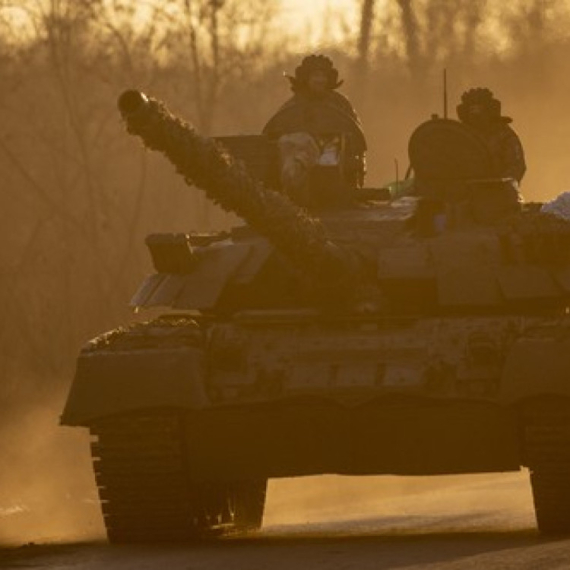







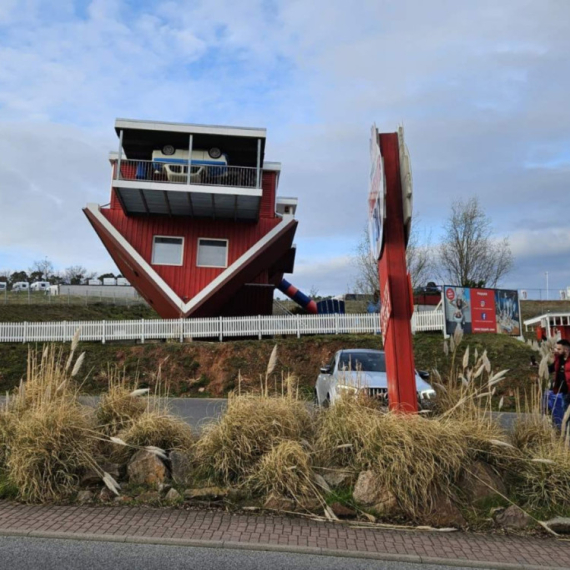

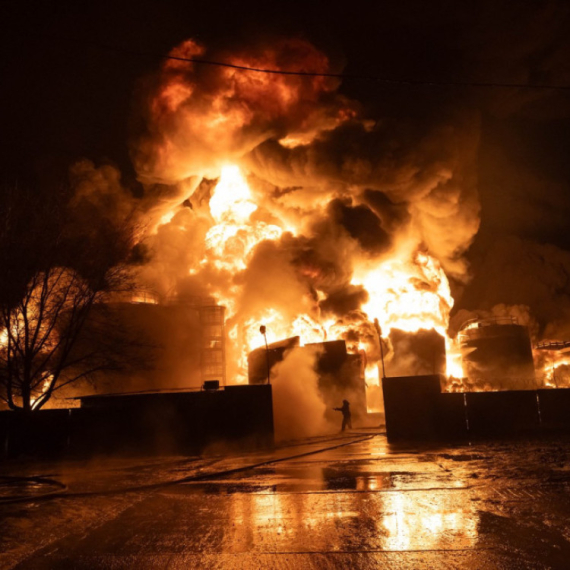
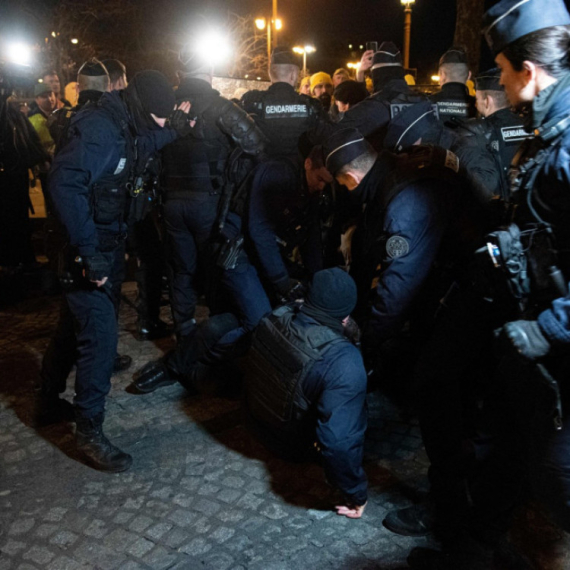
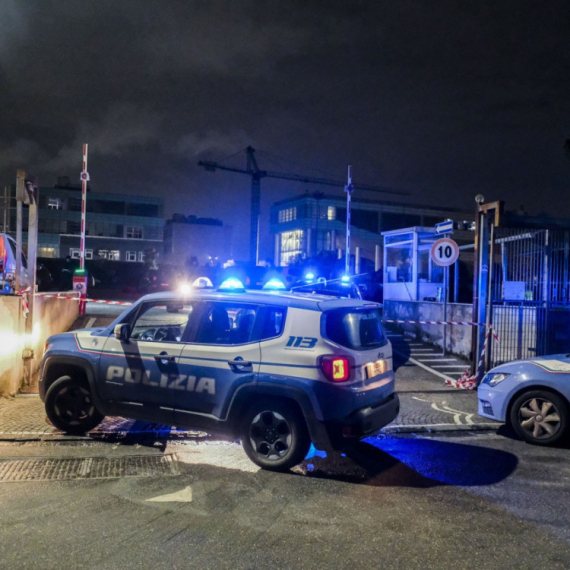


































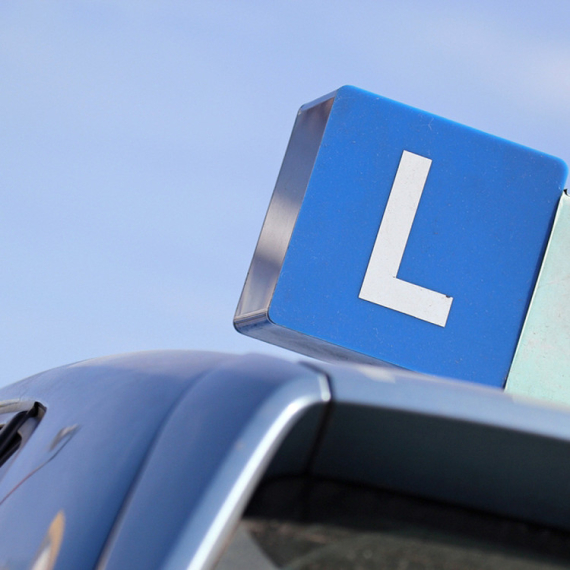






Komentari 0